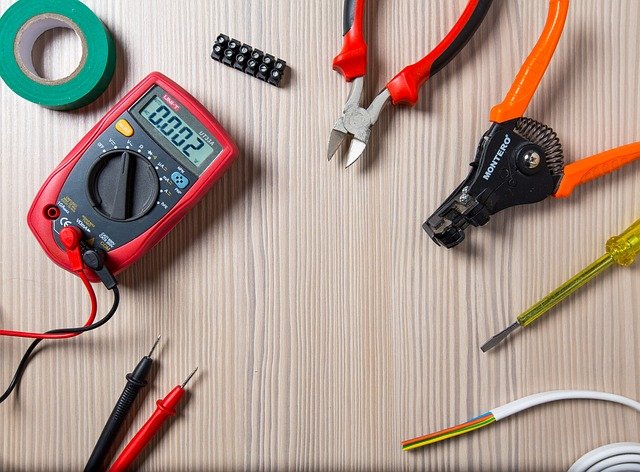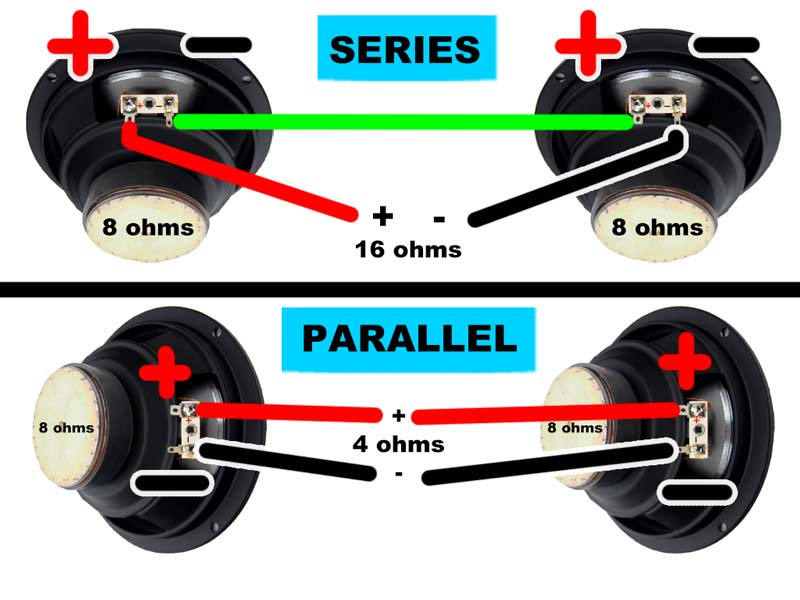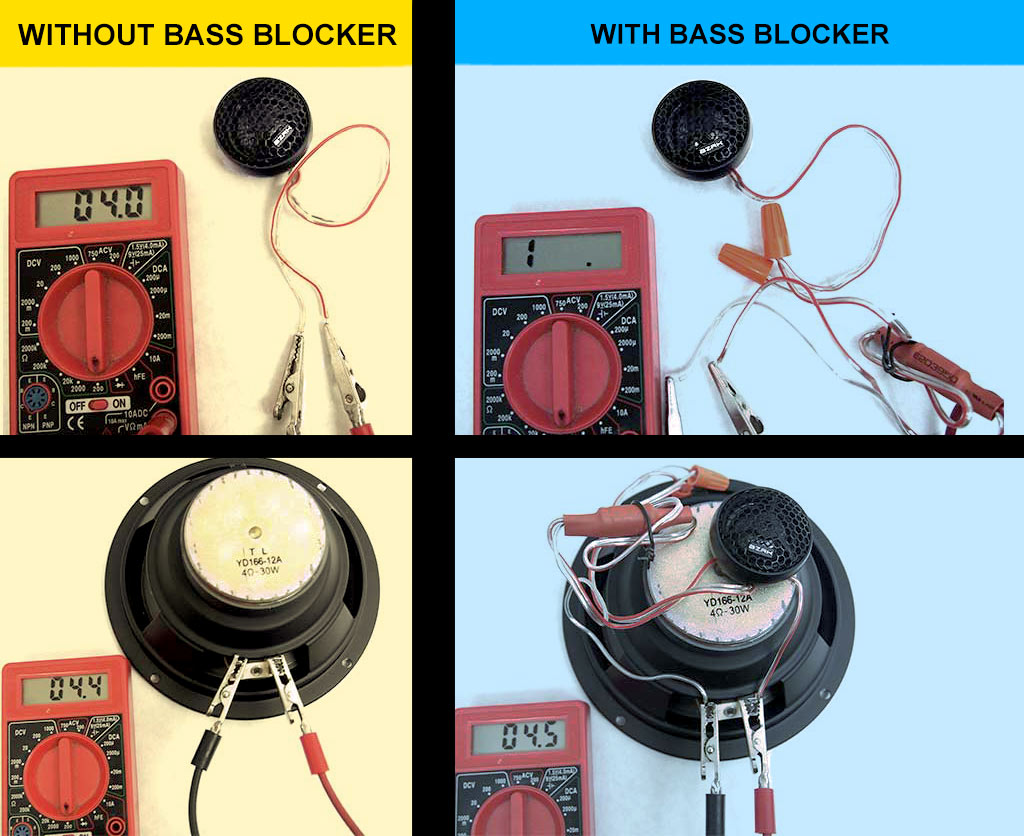
Matching impedance is important stuff, my dude! Amplifiers can only handle so much. At best, overloading your amp will result in grainy, bad sound. At worst, you can kill your amp!
I’m here to teach you rapscallions how to not destroy your amplifier. I’ll be saying ‘Ohm’ a lot. I promise I’m not meditating.
Most car stereos and car amplifiers are designed to handle a 4 ohm load. Some more powerful amps are able to handle loads much lower, 2 ohms, 1 ohm, maybe even less.
Unless your amp specifically states that it is able to handle less than 4 ohms, play it safe and try to keep the load at 4 ohms or higher.
Basically, the lower the ohms are, the more watts the amplifier will provide. Also, the lower the ohms , the harder it is on your amplifier.
It is safe to connect higher impedance speakers than your amp is rated for, but it is not a good idea to add a lower impedance load to your amplifier.
For example, if your amplifier is rated to handle a 4 ohm load, you can safely connect a 6 or 8 ohm load. It will be a bit quieter than a 4 ohm speaker, but you aren’t going to do any damage to the amplifier.
Here’s a quick and easy summary of the previous text:
- Lower ohms= more watts produced
- Lower ohms= more strain on your amp
- It is ok to have higher ohms than your amp is rated for
- It is a bad idea to have lower ohms than your amp is rated for
- People who say ohm a lot are not necessarily meditating
This brings us to wiring in series and parallel. Say you want to add more than one speaker to a single amplifier output. Or you have two woofers with too high or too low impedance for your amplifier.
Wiring in parallel = halves the ohm rating (two 8 ohm speakers = 4 ohms load)
Wiring in series = doubles the ohm rating (two 8 ohms speakers = 16 ohms total load)
There are more complex ways to wire large amounts of speakers, but that’s beyond the scope of this here article thingamajig.

It never hurts to have a multimeter to check your results. You can usually get one for less than ten bucks at various online shopping sites, or even at your local hardware store.
Just so you know, adding a bass blocker capacitor to a tweeter makes the impedance of the tweeter negligible.




